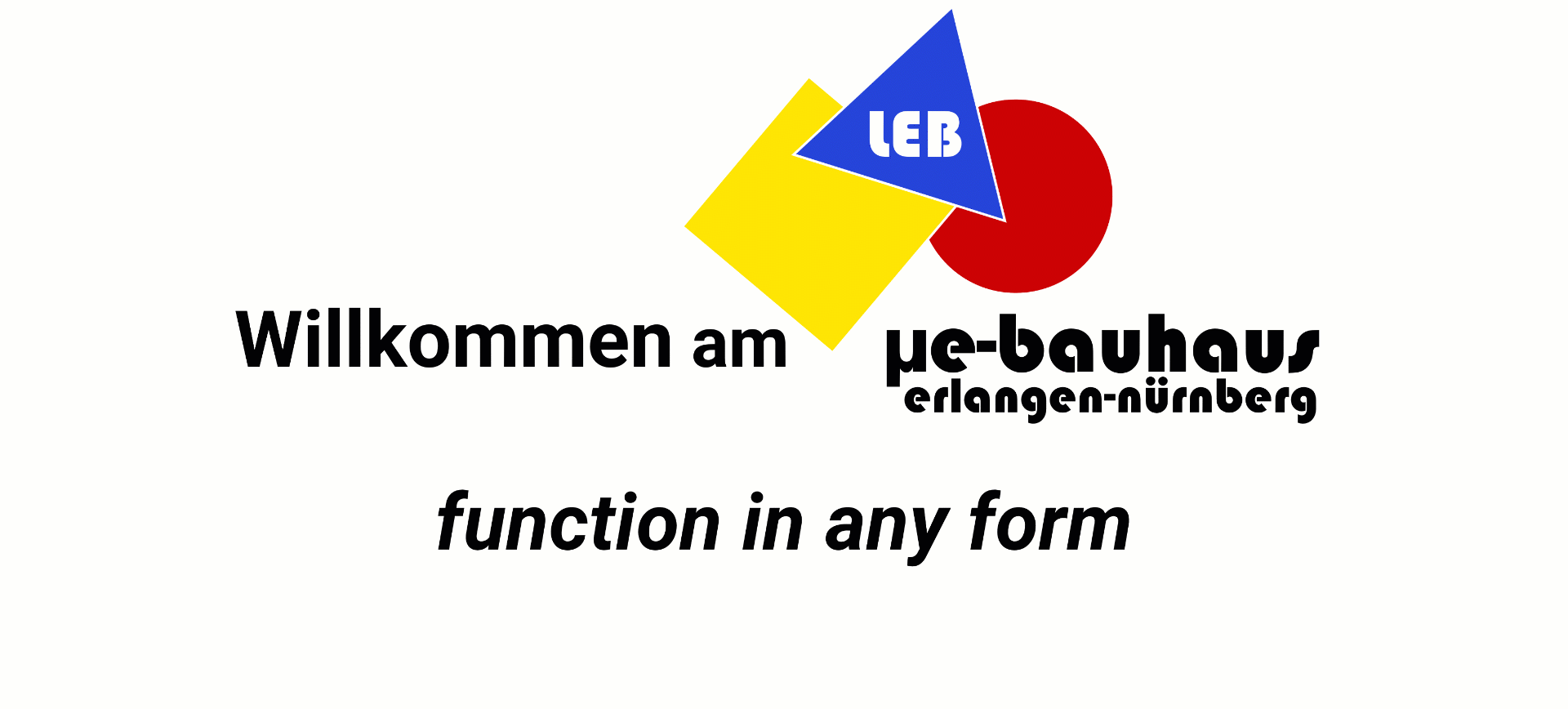Education and Training
Education and Training – The interaction and unity of science and rigerous theoretical study
Our offer is aimed at (technical) high school graduates who are at the beginning of their academic education, graduates with a subject-related bachelor’s or master’s degree from our university or other universities and (dual) colleges for more in-depth master’s studies or doctoral studies and, if applicable, post-doctoral studies.
The professional degrees qualify graduates to take up professional activities in the (semiconductor) industry, in industrial research and development and in research, development and teaching at universities and research institutions.
“Study – Workshop – Research & Development”
The triad on which teaching and training at µe-bauhaus erlangen-nürnberg rests
From the first semester on, this means a rigorous theoretical study of natural sciences and technology with the possibility of deepening and specializing in all topics of modern microelectronics. This rigorous theoretical study is closely intertwined with the “workshop” of µe-bauhaus erlangen-nürnberg, where the intensive practical training of our students takes place and where what has been studied is directly transferred into practical application.
The three pillars of the workshop training at µe-bauhaus erlangen-nürnberg are the basic practical training, which is obligatory for all our students, the voluntary, in-depth practical training within the framework of the research and development projects of the Chair of Electronic Devices (LEB) or the Fraunhofer Institute for Integrated Systems and Device Technology IISB, and the individual practical training within the framework of the “Marketplace of Ideas” (further information under: “In the Workshop” and “Marketplace of Ideas”).
Teaching and training at µe-bauhaus erlangen-nürnberg is characterized by close cooperation between students and teachers in a spirit of partnership.
Since disruptive research and development also requires knowledge of the world in its many facets, constant interdisciplinary exchange with our national and international partners from industry, science, research and development is indispensable. This, of course, also benefits the education of our students through coordinated exchange and joint study programs (for more information, see: “To thing outside the box”)
We pay special attention to our students who transfer to us from another university or (dual) university. Here we offer advice for individual planning, which studies, if any, still need to be caught up on or deepened in order to enable a quick, smooth start at µe-bauhaus erlangen-nürnberg and successful advanced studies.
